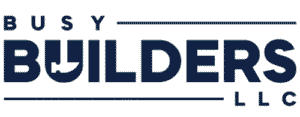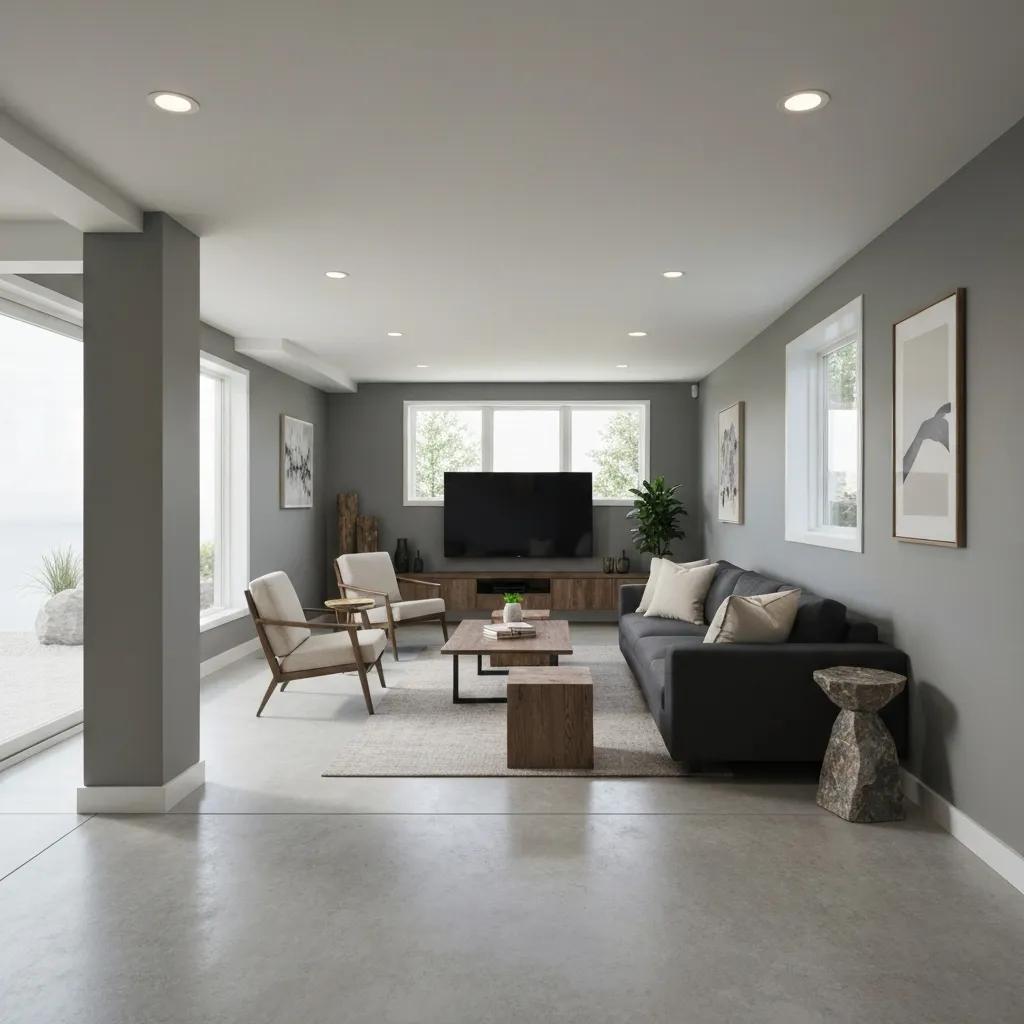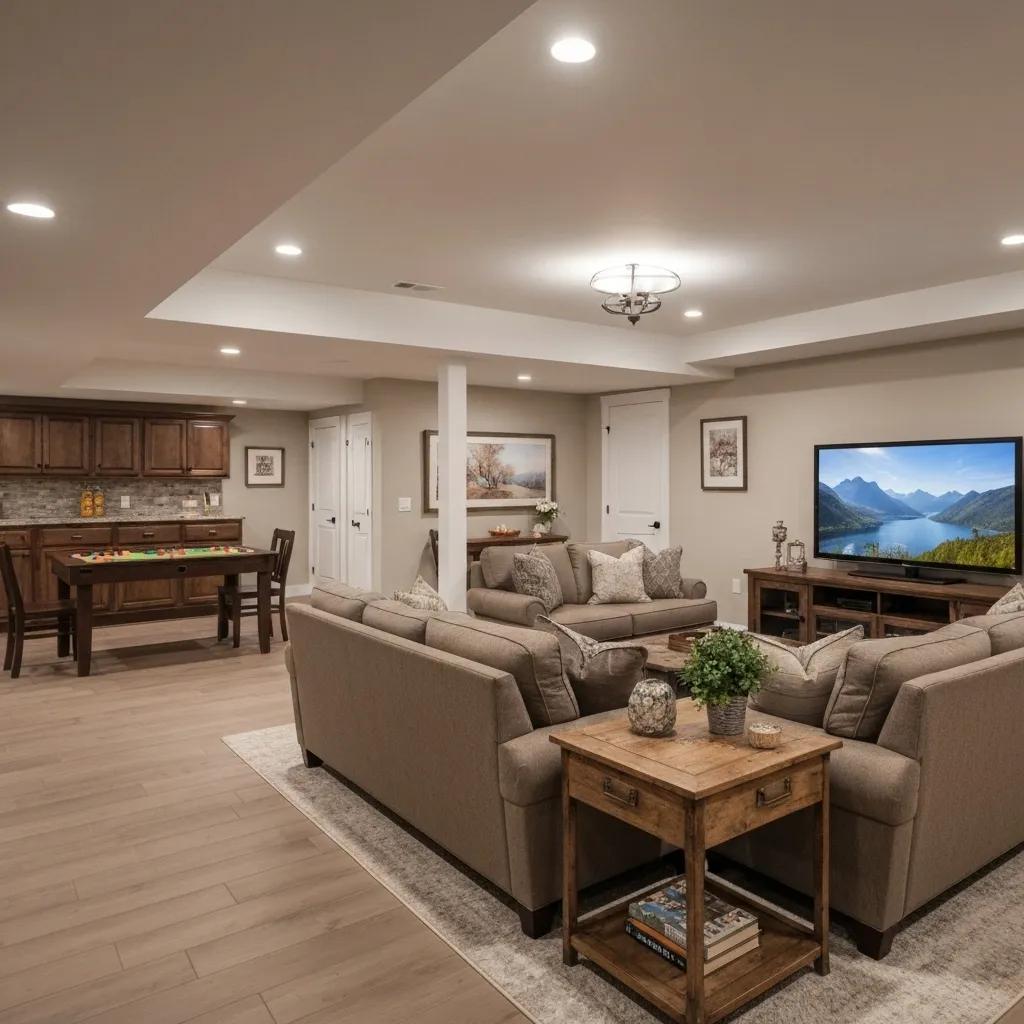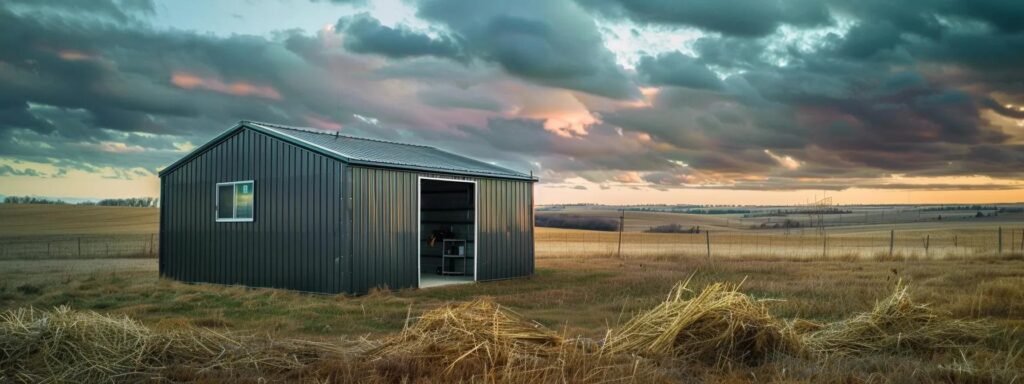
Discover Essential Metal Shed Elements for Rural Homes
In rural areas, metal sheds offer reliable storage, workspace, and additional utility without compromising durability or functionality. This article covers key features of metalsheds, benefits over wood, security measures, accessory optimization, local building regulations, and maintenance practices to ensure long-lasting performance. Readers will gain insights into design, cost efficiency, and installation details while understanding these elements’ strategic importance for rural homeowners.
Identify Key Features of Metal Sheds for Rural Environments
Metalsheds designed for rural settings must combine durability and functionality to withstand environmental challenges while providing practical storage solutions.
Understand the Importance of Durability in Metal Sheds
Durability in metalsheds means they withstand harsh weather, pests, and wear over time. High-grade steeland protective coatings resist corrosion, reducing repair needs. For example, galvanized steelresists rust despite extended moisture exposure, which is ideal where maintenance resources are limited.
Explore Different Designs for Rural Backdrops
Modern metal shed designs range from traditional barn-like structures to sleek, contemporary workshops, storage spaces, or carports. They offer large door openings and windows to enhance ease of use while blending with rural aesthetics.
Assess Size Options for Practical Use in Open Spaces
Selecting the right size is crucial for meeting storage and operational needs without wasting land. Metalsheds are available from compact units for small tools to larger structures that can house vehicles or serve as multipurpose workshops. Homeowners should assess current and future needs to ensure efficient use of available space.
Evaluate the Benefits of Choosing Metal Over Wood for Sheds

Metal sheds offer clear advantages over wooden sheds, including lower maintenance, superior weather resistance, and better long-term cost efficiency.
Compare Maintenance Needs of Metal and Wooden Sheds
Metal sheds require far less maintenance than wooden sheds, which often need regular painting, sealing, and repairs for rot or insect damage. The rust-resistant coatings on metalstructures preserve their appearance and strength, reducing upkeep requirements.
Look Into Weather Resistance Specific to Rural Areas
Constructed with sturdy materials, metal sheds effectively repel water, snow, wind, and extreme temperatures, ensuring that contents stay protected. They also resist pest infestations and mold, common issues with wooden structures.
Analyze Cost Efficiency Over Time for Metal Structures
Although the initial cost of metalsheds may be higher, their durability and lower maintenance costs result in significant long-term savings. The table below summarizes key cost efficiency aspects:
| Material Type | Average Lifespan | Maintenance Frequency | Long-Term Cost Efficiency |
|---|---|---|---|
| Metal | 30-50 years | Low | High |
| Wood | 15-25 years | High | Moderate |
This demonstrates that metalsheds, with extended lifespans and minimal upkeep, are more economical over time.
Investigate Security Measures for MetalSheds in Remote Areas
Securing metalsheds is essential, especially in isolated rural locations where risks of unauthorized access and environmental hazards are higher.
Review Locking Mechanisms Suitable for MetalSheds
Advanced locking mechanisms such as heavy-duty padlocks, digital keypad locks, and biometric locks enhance shedsecurity. These systems deter break-ins and provide additional protection for valuable equipment and supplies.
Consider Reinforced Walls for Enhanced Safety
Reinforced walls contribute to resistance against forced entry and environmental stress. Using cross-bracing technology and thicker metalpanels increases a shed’s structural integrity—vital in areas prone to extreme weather or vandalism.
Select Proper Installation Techniques for Stability
Proper installation ensures long-term stability. Setting up sheds on leveled, solid foundations like poured concreteslabs and using anchoring systems reduces collapse risks during severe weather. Professional installation also ensures precise alignment and proper load distribution.
Select Accessories to Optimize Functionality of MetalSheds
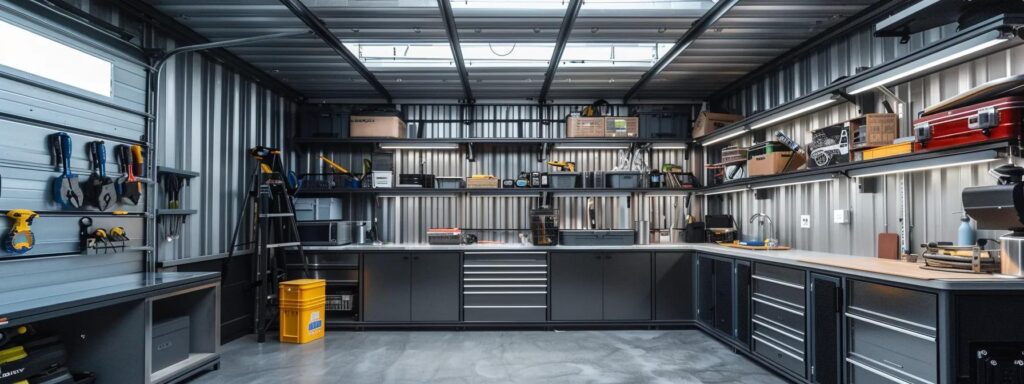
The right accessories transform metal sheds into efficient workspaces or storage areas tailored to specific needs.
Find Quality Lighting Options for Improved Visibility
Energy-efficient LED lighting—integrated with motion sensors or timers—is essential for safety and productivity inside metalsheds. Consistent illumination improves security and reduces accidents during dark rural nights.
Incorporate Shelving Solutions to Maximize Storage
Adjustable shelving systems help maximize storage capacity and organization. Modular built-in metalshelves allow customization for various sizes of tools and supplies while withstanding weight and frequent reconfiguration.
Choose Ventilation Systems to Maintain Airflow
Proper ventilation prevents overheating and moisture buildup. Roofvents and side grilles boost air circulation, reducing the risk of mold and rust. Effective ventilation maintains a balanced temperature, protecting both the structure and stored items.
Learn About Local Regulations for Building MetalSheds
Local regulations play a critical role in the constructionand placement of metalsheds. Compliance with these rules preserves community standards and overall safety.
Research Zoning Laws Applicable to Rural Properties
Understanding local zoning laws is essential before building a metalshed. Regulations dictate size, placement, and type of structures allowed in rural areas. Homeowners should consult local planning offices to meet property use restrictions and setback requirements.
Understand Permits Required for MetalShedConstruction
Obtaining the proper permits is a vital step before construction. Permits confirm that the build meets safety standards and is legally approved, helping avoid future legal or financial complications.
Recognize Building Codes Relevant to MetalStructures
Building codes for metalconstructions ensure safety by outlining necessary structural requirements, fastening methods, and insulation standards. Adhering to these standards not only secures a stable installation but can also boost resale value.
Gather Insights on Maintenance Practices for Longevity
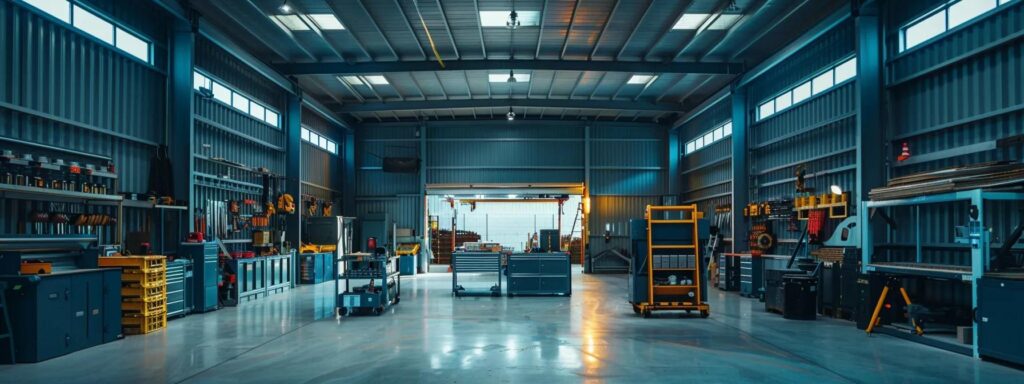
Regular maintenance preserves both aesthetics and structural integrity of metal sheds. Routine inspections and cleaning practices help safeguard the investment over time.
Implement Regular Cleaning Routines for MetalSurfaces
Consistent cleaning prevents dirt, dust, and corrosion buildup. Washing with mild detergents and water preserves the finish, while regular debris removal and damage inspections help maintain performance.
Check for Rust Prevention Techniques to Ensure Durability
Rust prevention is crucial for long-term durability. Periodic application of rust inhibitors, touch-up spray paint, and prompt repair of minor scratches can prevent major corrosion. Protective coatings applied during installation further reduce rust risks.
Assess the Need for Inspections After Severe Weather
Post-storm inspections are necessary to detect any structural or cosmetic damage caused by severe weather. Regular professional inspections help identify issues like misalignments or dents early, preventing further damage.
Final Thoughts
Metalsheds are indispensable in rural environments due to their durability, low maintenance requirements, and robust security features. Their designversatility, enhanced with efficient lighting and robust shelving, maximizes functionality while safeguarding valuable assets. By adhering to local regulations and investing in proper installation and upkeep, homeowners can secure a reliable, cost-effective shelter that adapts to evolving needs.
Frequently Asked Questions
Q: Why are metalsheds preferred over wooden sheds in rural settings? A: Metal sheds offer superior durability, minimal maintenance, and better weather resistance.
Q: What local permits are necessary for constructing a metalshed? A: Homeowners should obtain building permits and verify zoning laws with local authorities before construction.
Q: How can metalsheds be protected from rust in humid environments? A: Regular cleaning, applying rust inhibitors, and using protective coatings help prevent rust.
Q: What are the best lighting options for a metalshed? A: Energy-efficient LED lighting with motion sensors ensures proper illumination and safety.
Q: How often should maintenance inspections be conducted? A: Inspections should be carried out annually, and after severe weather events, to address potential issues promptly.
